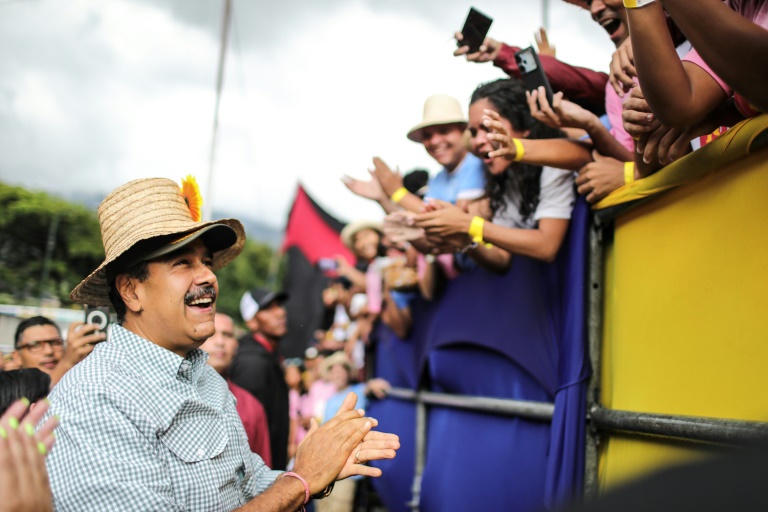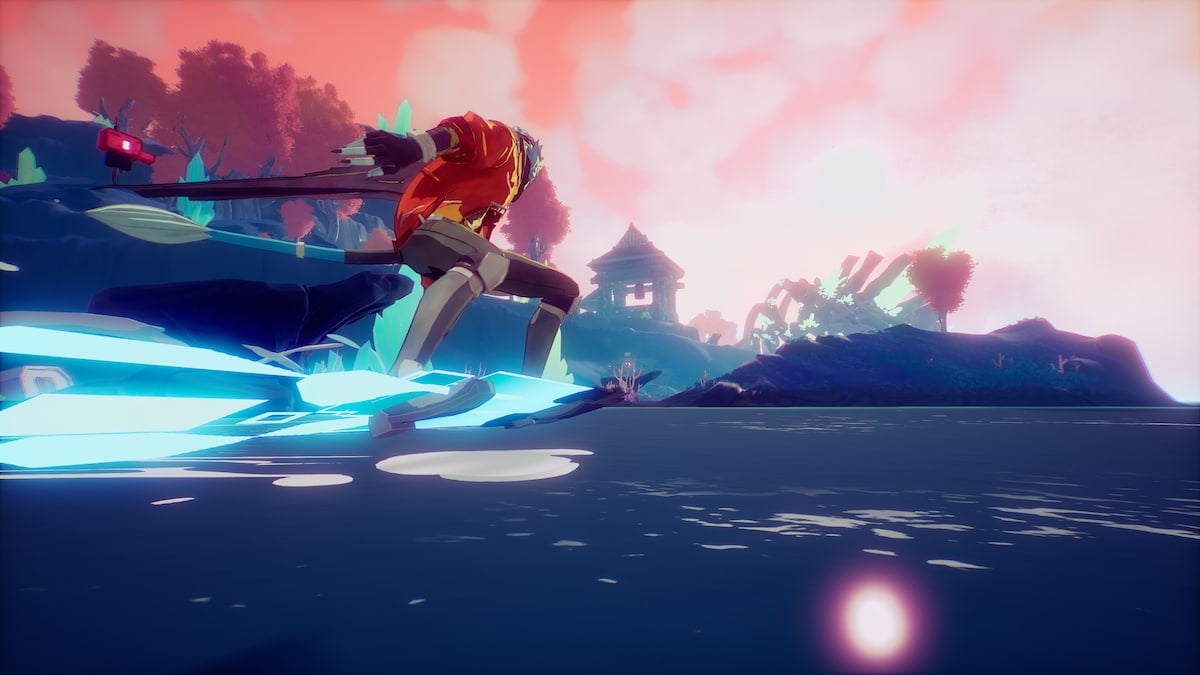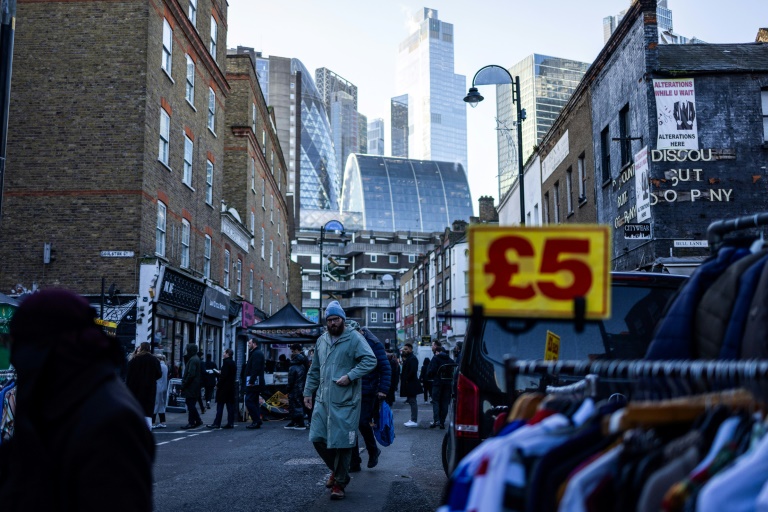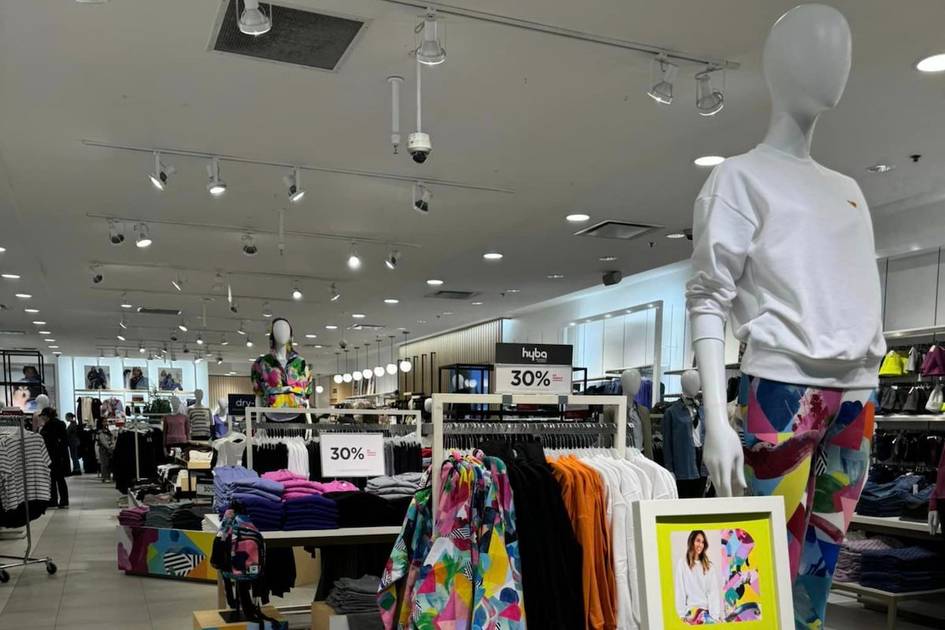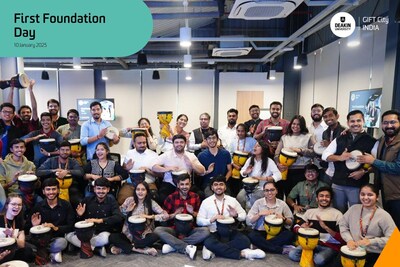The United States, Spain and the Czech Republic on Monday demanded information from Venezuela about six of their citizens detained in the South American country over an alleged plot to assassinate President Nicolas Maduro.
The government in Caracas on Saturday announced the arrests of three Americans, two Spaniards and a Czech it claimed had ties with US and Spanish intelligence agencies and the Venezuelan opposition.
Venezuelan Interior Minister Diosdado Cabello said 400 rifles were confiscated as the alleged plot was dismantled — not the first time Maduro has claimed to have been the target of US-led attempts to unseat him.
Maduro, widely accused of increasingly authoritarian rule and human rights violations, claimed Monday the detainees had “confessed,” as he batted away assertions that they were mere tourists.
“These terrorist tourists in their spare time were going to set bombs, they come for a new type of tourism: adventure tourism it can be called, explosive tourism,” he said on state TV.
Maduro added that “the government of the United States did not expect we would have the capacity to capture the head of… the terrorist plan against Venezuela.”
The United States and Spain have vehemently denied claims of involvement in any plot.
The arrests came amid heightened tensions between Caracas and both Washington and Madrid over July 28 presidential elections the Venezuelan opposition accuses Maduro of having stolen.
On Monday, US State Department spokesman Matthew Miller said he could confirm the detention of a US “military member,” and said there were “reports of two additional US citizens detained in Venezuela.”
“We are seeking additional information and monitoring the situation,” he said.
Caracas and Washington broke off diplomatic ties in 2019.
Spain’s foreign ministry said it “continues to demand from the Venezuelan authorities official and verified information on the arrest of two Spaniards, as well as a clarification of the charges they are accused of.”
Spain said its two detained citizens were not part of the CNI intelligence service.
In Prague, a foreign ministry spokeswoman said the Czech embassy in Bogota had sent a note to Caracas demanding “detailed information” about its citizen as well as “consular contact.”
Dozens of countries have rejected Maduro’s claim to a third six-year term after elections the opposition says it can prove its candidate Edmundo Gonzalez Urrutia won with a landslide.
On September 8, Gonzalez Urrutia arrived in Spain, which granted him asylum after a month in hiding in Venezuela.
Tensions have since risen between Caracas and Madrid.
Last week, Venezuela recalled its ambassador to Madrid for consultations and summoned Spain’s envoy to Venezuela for talks after a Spanish minister accused Maduro of running a “dictatorship.”
Top EU diplomat Josep Borrell, in an interview broadcast in Spain on Sunday, also labeled Maduro’s government “dictatorial,” pointing to more than 2,000 people “arbitrarily detained” in the election aftermath.
The six are not the first foreigners to be arrested in Venezuela on conspiracy charges.
Americans Luke Denman and Airan Berry, serving 20-year sentences over a botched armed invasion of Venezuela in 2020, were released last December in a prisoner swap.
Maduro’s last re-election, in 2018, was also rejected by most of the international community, yet he managed to cling on to power with support of the military, state institutions, and allies Russia and China.
AFP

